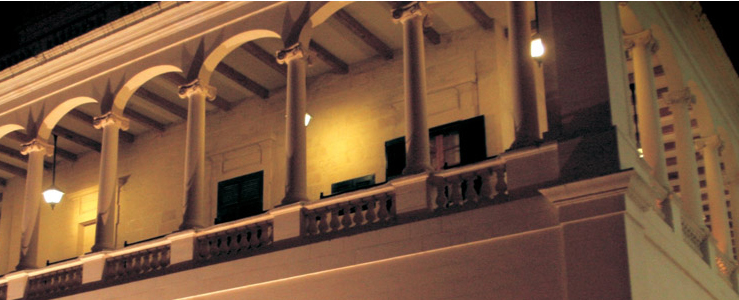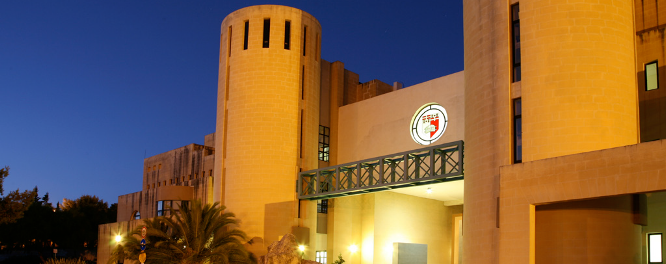|
Digital meets Culture https://www.digitalmeetsculture.net/article/civic-epistemologies-workshop-on-user-requirements/ Export date: Wed Apr 2 7:09:27 2025 / +0000 GMT |
CIVIC EPISTEMOLOGIES: Workshop on User Requirements An interesting Workshop will be hosted by the LIAS Department of the University of Malta as a combination of representatives of the CIVIC EPISTEMOLOGIES project* with other representatives of the community mostly from the local cultural heritage scene.
The event is quite compact and aims to discuss the requirements to citizen science especially in the CH context; from this point of view sharing experiences by Cultural Heritage institution learned in the process on the requirements of specific stakeholders will be very useful and crucial. The Workshop will host interventions by experts from relevant cultural heritage institutions. Experts that have confirmed their partecipation are: Fermín Serrano Sanz (University of Zaragoza, Spain), Catherine Thomas, Ghislain Sillaume (Centre Virtuel de la Connaissance de l'Europe – CVCE, Luxembourg), John Ashley Burgoyne (Netherlands Institute for Sound and Vision, The Netherlands), Lorna Hughes (National Library of Wales, UK). The Workshop is organised by Prof. Milena Dobreva, head of the Library Information and Archive Sciences (LIAS) Department of the University of Malta. More information and a full coverage of the event are available here Download the Programme of the event here * The CIVIC EPISTEMOLOGIES project is about the participation of citizens in research on cultural heritage and humanities. ICT are powerful drivers of creativity, but specific technical know-how is still generally lacking in the creative industries sectors. In addition, humanities scholarship is not yet taking full advantage of ICT to engage with wider audiences. New skills are needed to enable the cultural sector to grasp employment and commercial opportunities. The project aims to develop and validate a Roadmap for the use of e-Infrastructures to support the participation of European citizens in research on cultural heritage and digital humanities. Critically, the Roadmap will offer support for improved social cohesion arising from the sharing of knowledge and understanding of Europe's citizens common and individual cultures. The project has received funding from the European Union's Seventh Framework Programme for research, technological development and demonstration. |
 The aim of the workshop will be to discuss requirements of the various stakeholders relevant to citizen science in cultural heritage institutions and suggest scenarios and use cases which will illustrate the methods of engagement with citizens, and the user interaction within the technological solutions used for the various research lifecycle stages.
The aim of the workshop will be to discuss requirements of the various stakeholders relevant to citizen science in cultural heritage institutions and suggest scenarios and use cases which will illustrate the methods of engagement with citizens, and the user interaction within the technological solutions used for the various research lifecycle stages.